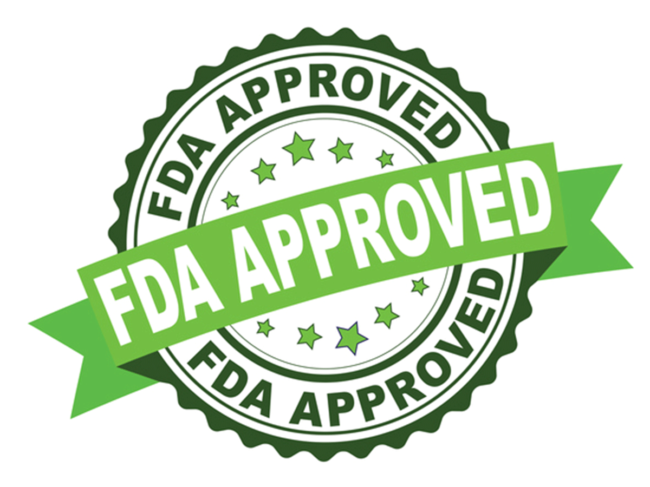
Analysis and data insight
Biopharma regulatory actions and approvals October 2024
Two Stelara biosimilars among 15 US FDA approvals in October
Read MoreHealing the health divide
New diagnostics, trials address deadly disparities in women’s cardiac care
Read MoreDrug design, drug delivery & technologies






